Description
Lactobacillus acidophilus (La-14)
Lactobacillus acidophilus is a beneficial bacteria strain that is normally found in the intestinal tract and mouth, and is commercially used in dairy products for the production of acidophilus-type yogurt. L. acidophilus ferments various carbohydrates to produce lactic acid, which increases the absorption and bioavailability of minerals, including calcium, copper, magnesium and manganese. The production of lactic acid also promotes health by creating an inhospitable environment for invading microbes. L. acidophilus has been shown to protect intestinal cells by competing for adhesion space in the gut against harmful bacteria. The L. acidophilus strain in FloraBoost has been specifically chosen because of its strong adherence and survival attributes in the GI tract.
Bifidobacterium bifidum (Bb-02)
Bifidobacterium bifidum is a normal resident of healthy infant GI tracts and usually colonizes within four days of life. It has been shown to effectively compete with harmful bacteria, which suggests B. bifidum’s lactic acid and acetic acid production provides an antagonistic action against pathogens to help maintain microflora balance.
Lactobacillus rhamnosus (GG)
Lactobacillus rhamnosus has been frequently used in the prevention and treatment of occasional diarrhea in children. L. rhamnosus has also been shown to promote GI health by increasing intestinal cell replication.
Streptococcus thermophilus (St-21)
Among 80 infants, 6-36 months old, with occasional diarrhea, given either a formula supplement with Bifidobacterium lactis and Streptococcus thermophilus or non-supplemented formula, those receiving the probiotic formula had fewer incidences of diarrhea. A second study of 80 breast-fed children, 6-24 months old, with occasional diarrhea for fewer than four days, found those given either a yogurt containing S. thermophilus and L. bulgaricus had shorter hospital stays, better weight gain and reduced loose stool frequency.
Saccharomyces boulardii
Saccharomyces boulardii is probiotic yeast that was first isolated from the skin of the tropical fruits lychee and mangosteen in 1923 by French scientist Henri Boulard, following the observation that mangosteen consumption controlled occasional diarrhea in natives of Southeast Asia. S. boulardii plays a role in supporting immune defense by increasing levels of a crucial antibody, sIgA, and creating a first line of defense that helps bind and clear harmful bacteria.

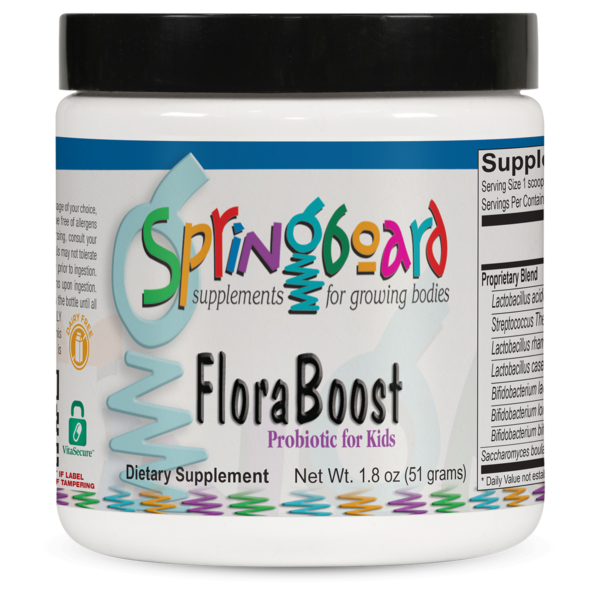
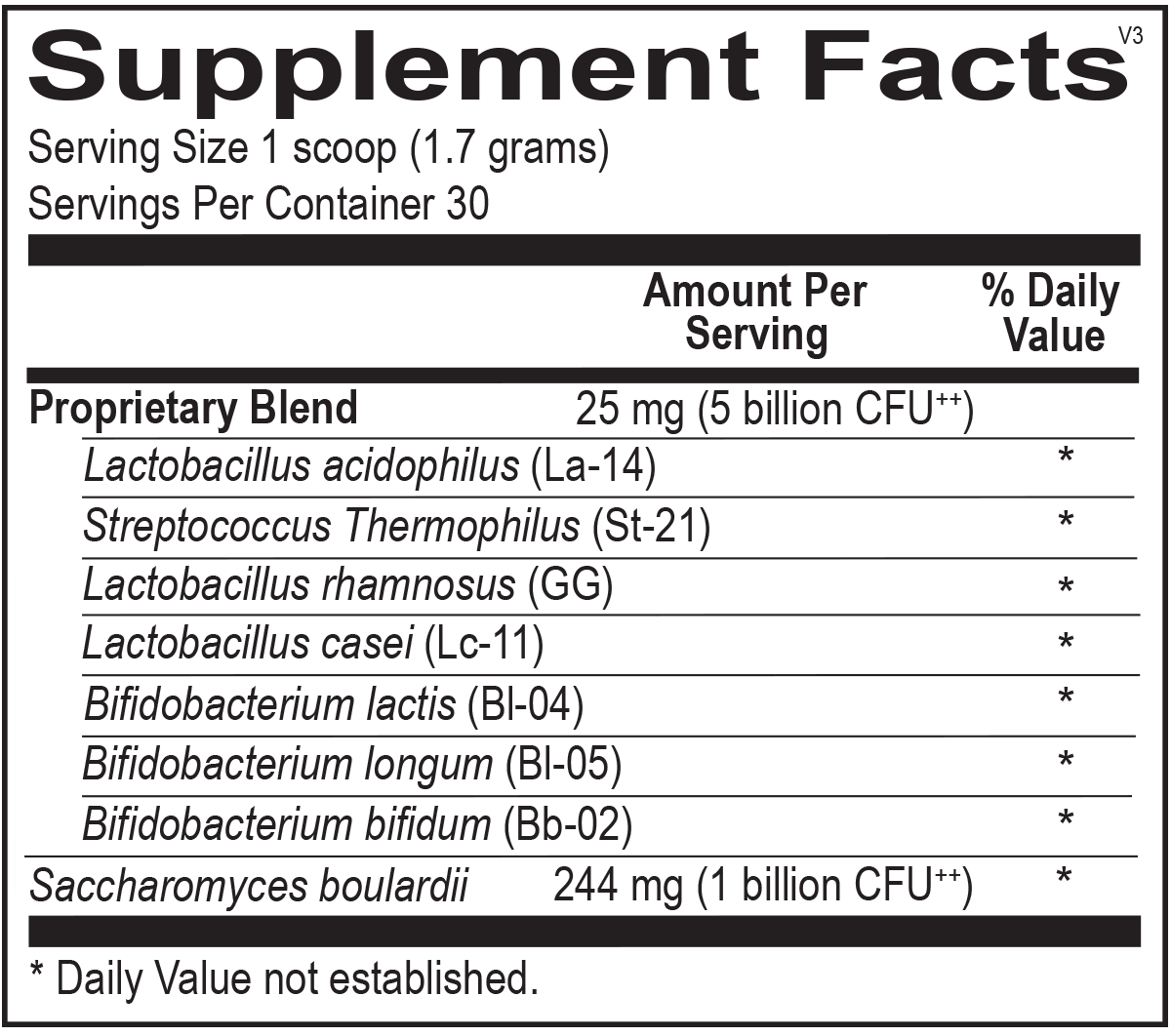
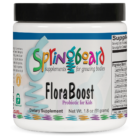
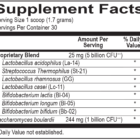

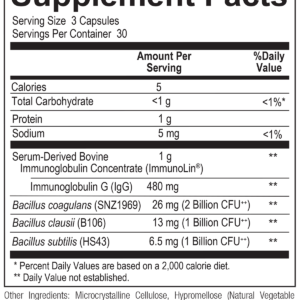

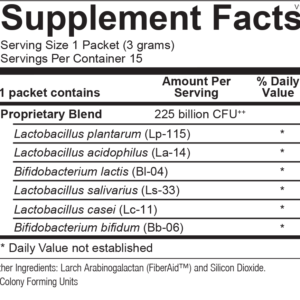

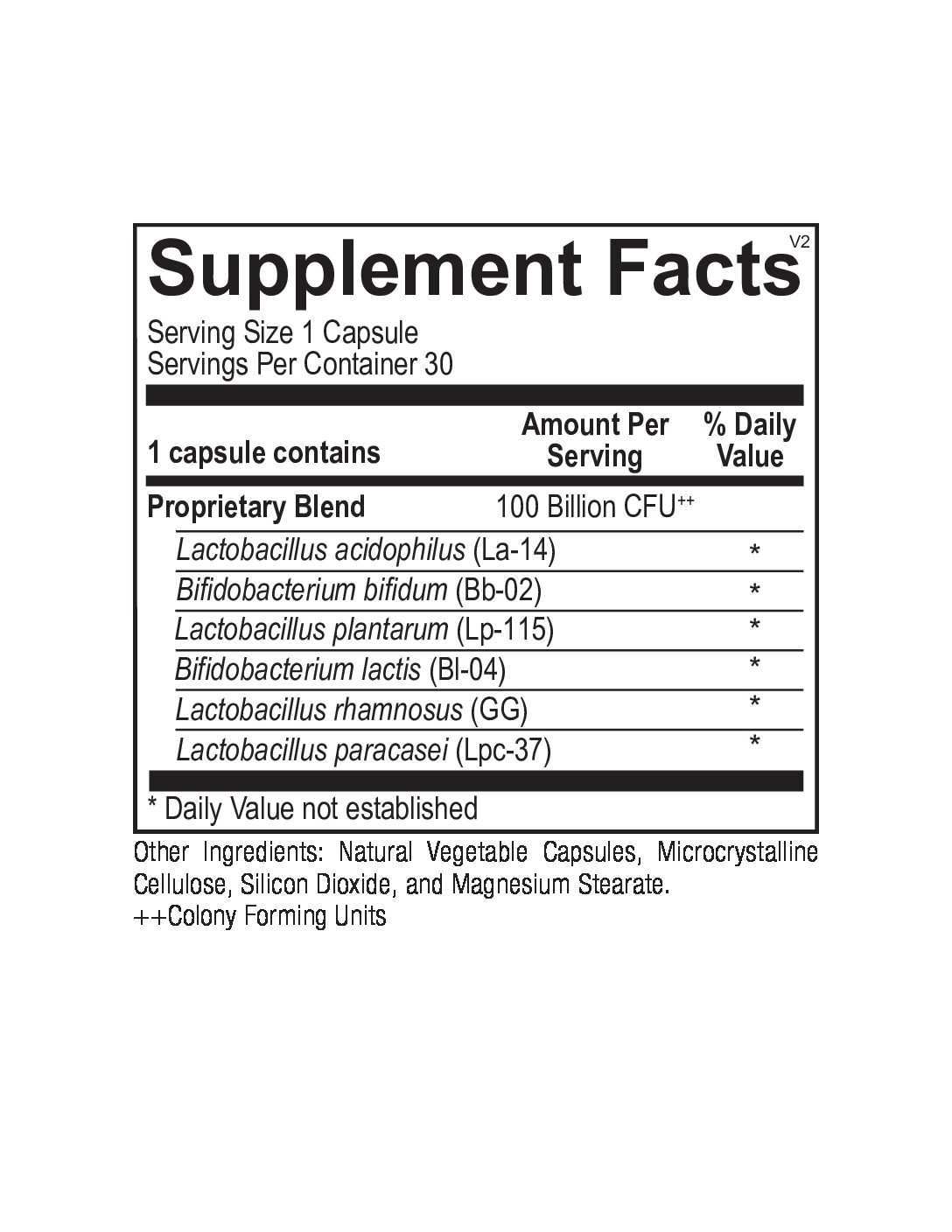
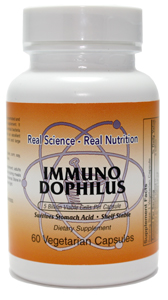
There are no reviews yet.